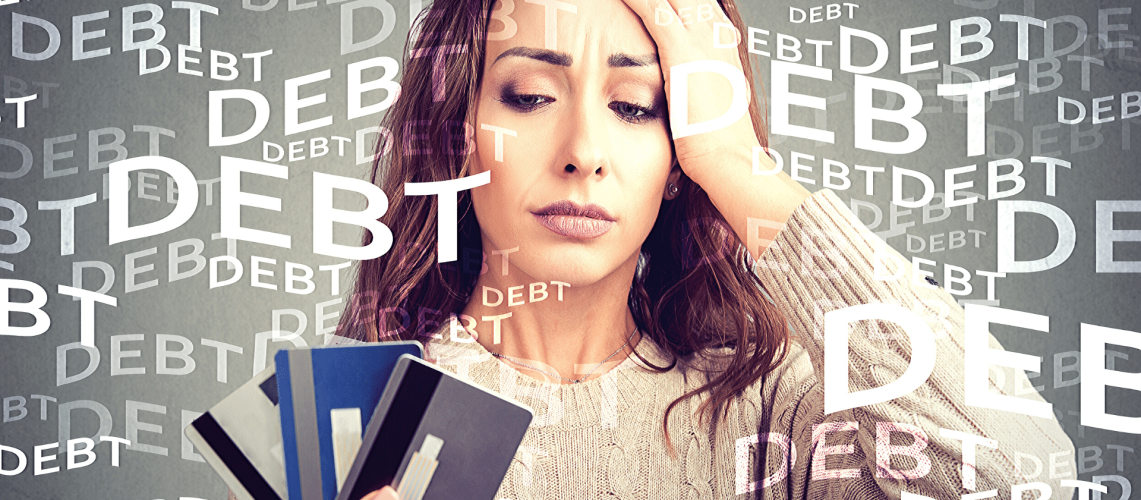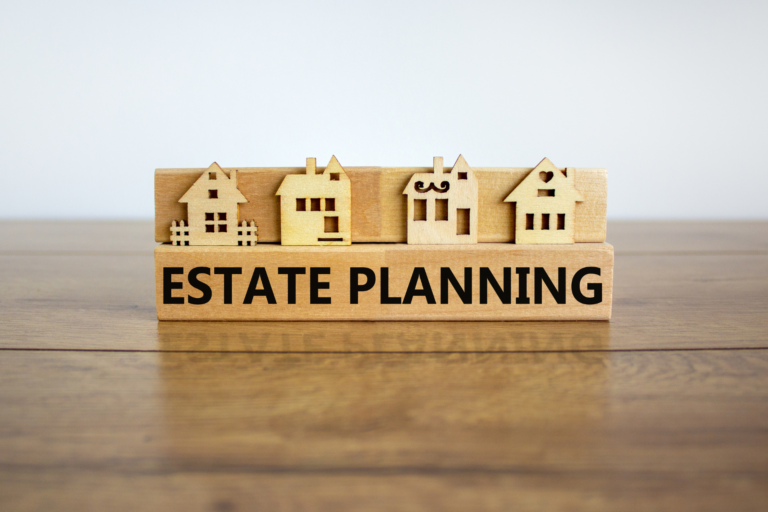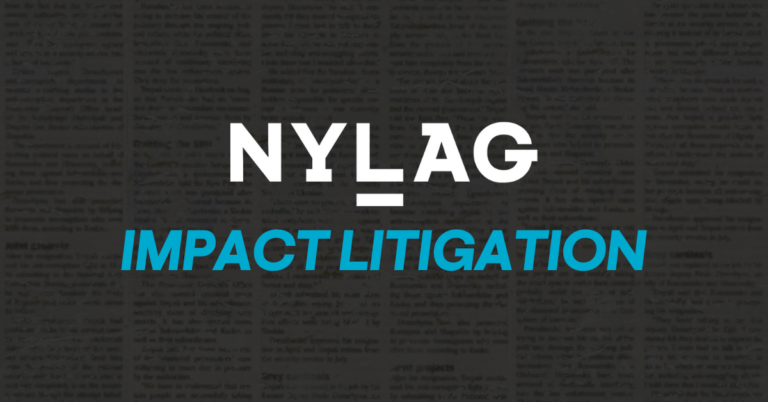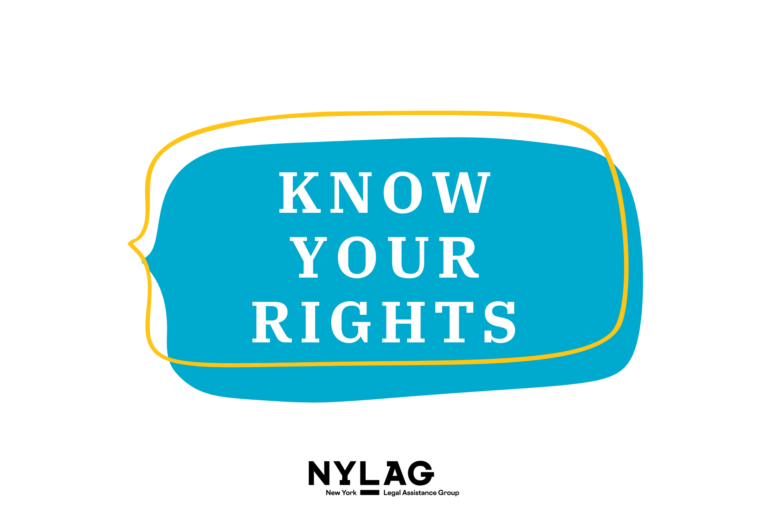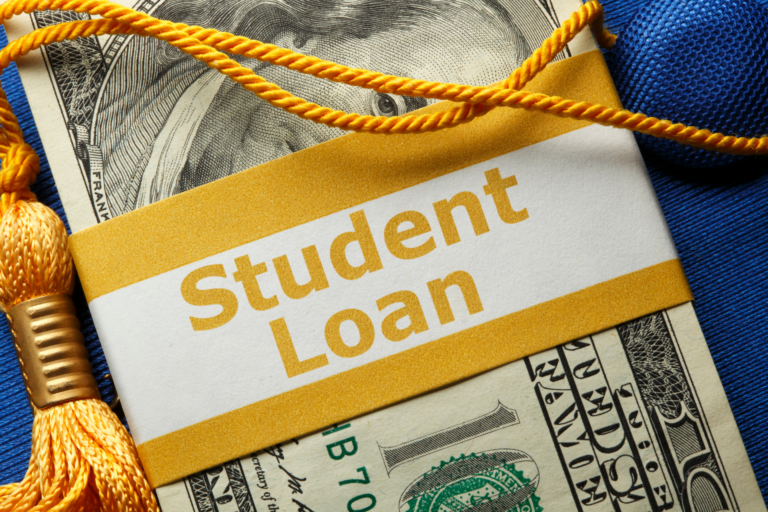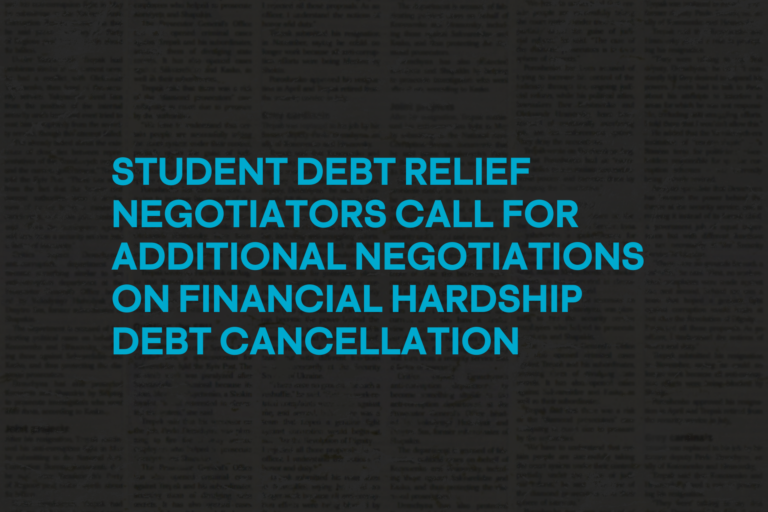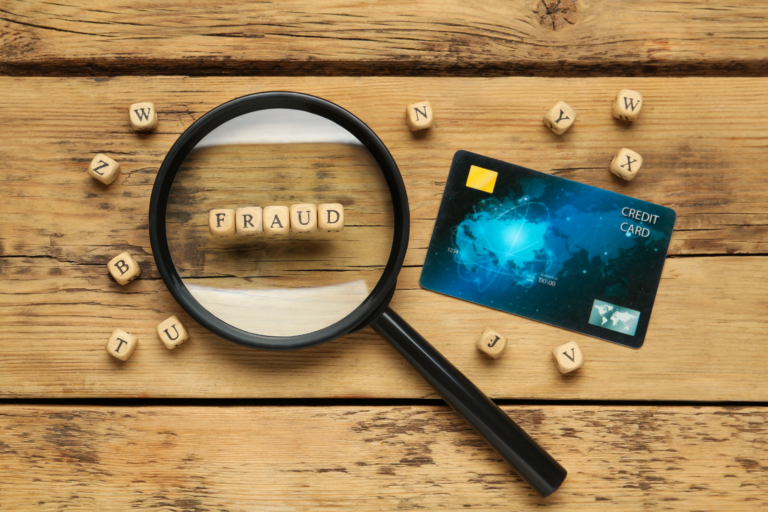For many people, a change in circumstances – job loss, illness, a change in family structure, or even a global health crisis – can cause financial stress that makes it hard to make ends meet.
When that happens, it is important to assess your expenses and prioritize paying only your essential bills. Credit card debts are “low priority” expenses that should be paid last. Other essentials, like housing expenses, food, health care, transportation, and utilities, are “high priority” expenses, that should be paid first.
If you are experiencing financial difficulty, you have the right to stop automatic payments to your credit card lender. This will give you more control over your finances and help you choose which bills get paid and when. Contact your bank to stop automatic bill payments.
Here’s what you should know if you can’t pay your credit cards:
1. Talking to Your Credit Card Company
Many banks and lenders have programs in place to help during this public health crisis. If you think you will have trouble paying some bills, reach out to your credit card company. They may be willing to waive late fees, reduce interest, or take other steps to make your bill more manageable.
However, banks are not required to offer any help with your credit card bills.
If you still can’t pay, your credit card will likely go into collections.
2. The Collections Process
Many credit card companies will begin a collections process if they do not receive payment on debts owed to them. The collections process is an attempt to get you to make a payment to them voluntarily. Collections tactics include sending letters, calling, and sending emails or texts.
You may be contacted by the creditor themselves, or the creditor may ask another company (called a debt collection agency) to contact you on their behalf.
It is important to remember that you have the right to LIMIT or STOP the collection efforts. You should never feel pressured by a debt collector to make a payment you cannot afford. Debt collectors are also prohibited from doing certain things to try to get you to pay. For example, debt collectors cannot harass you by calling you in the middle of the night, lie to you, or threaten you.
During the collections process, a creditor has no right to take anything from you by force. They cannot garnish your wages, freeze your bank account, or take any other money from you. However, if collections efforts are not successful, the credit card company may choose to file a case in court against you to collect the debt.
3. Collection Lawsuit
A court case is the only way a creditor can force you to pay money. The creditor’s goal in bringing a court case will be to get a judgment (a decision from a judge) that says that you owe the creditor a certain amount of money. Only once a creditor has a judgment against you can the creditor take money from you by force.
While a lawsuit sounds scary, you actually have many protections during a court case. In a court case, the credit card company must prove that you owe the debt. This can often be difficult for creditors, especially if a debt has been sold. The creditor may not have enough documents showing you owe money to win the case.
You can also negotiate with a creditor to reach a repayment agreement. This is called a settlement.
It might take several months or even several years for a creditor to bring you to court. This can also give you time to get back on your feet financially.
Questions?
Contact the New York Legal Assistance Group’s Consumer Protection Unit at 212-613-5000 (Mondays, Tuesdays, and Thursdays from 9:00 to 3:00.)

